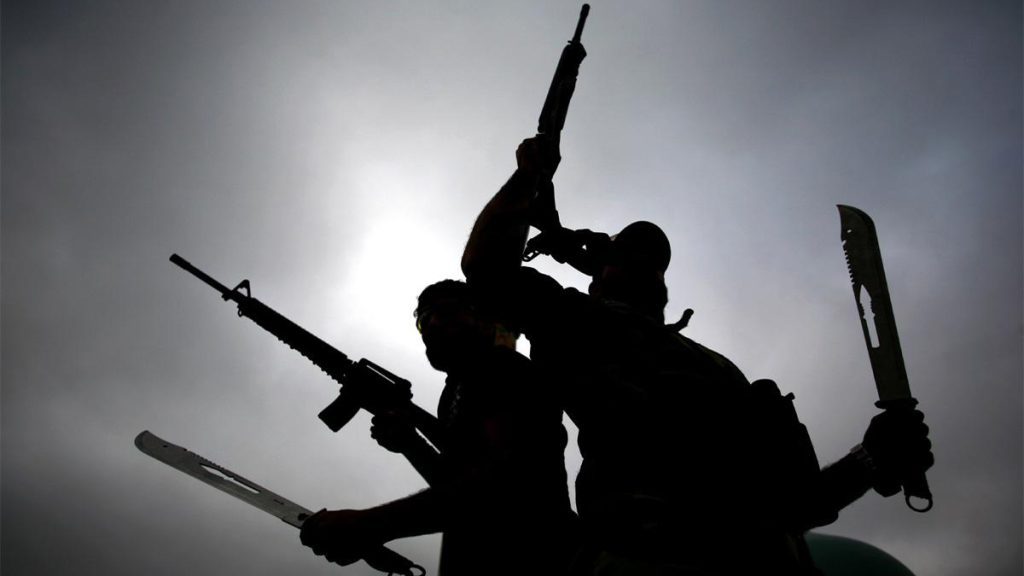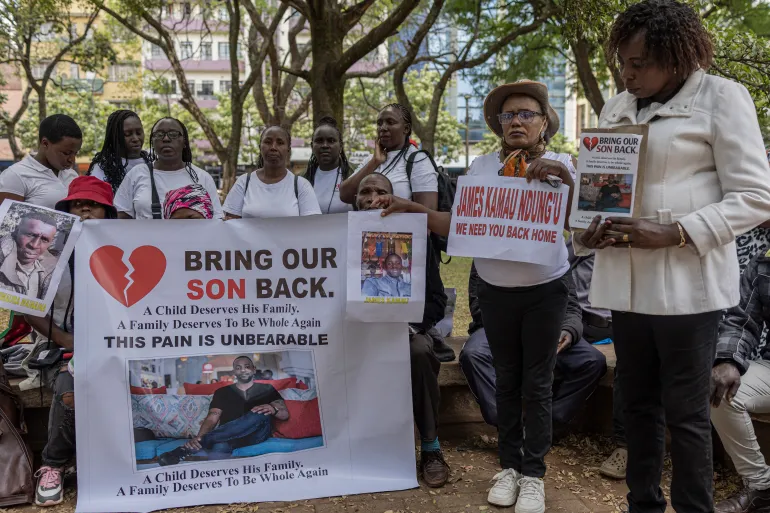West Africa has been deeply impacted by religious extremism, which destabilizes communities, disrupts economies, and strains governance. Militant groups in Nigeria, Burkina Faso, and Mali, often acting under the guise of religious ideals, have intensified security crises. Groups like Boko Haram in Nigeria have exploited religious narratives to recruit vulnerable youth into extremist movements.
These extremist activities have devastated entire economies. In Northern Nigeria, agriculture—one of the region’s economic backbones—has been severely disrupted, forcing many farmers to abandon their lands. This, in turn, increases food insecurity in areas already suffering from poverty. Additionally, educational institutions, especially in rural areas, are frequently attacked or shut down, leaving thousands of children without access to formal education.
Governments in the region, with support from international bodies, are developing counter-extremism strategies, focusing on military interventions and social re-integration programs. However, these measures must go beyond security responses by addressing the root causes—such as poverty, unemployment, and lack of education—that push young people into extremist ideologies. Collaborative efforts between religious leaders, civil society organizations, and governments are essential to fostering peace and stability in West Africa.























